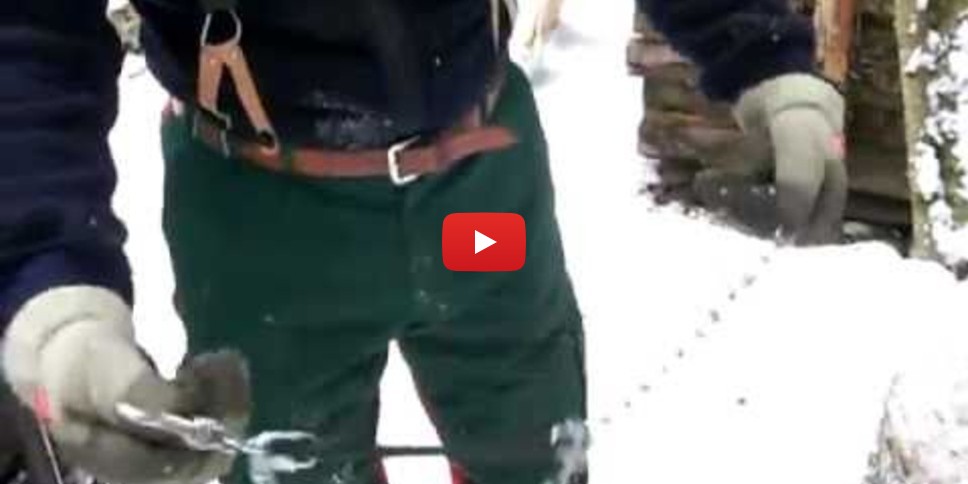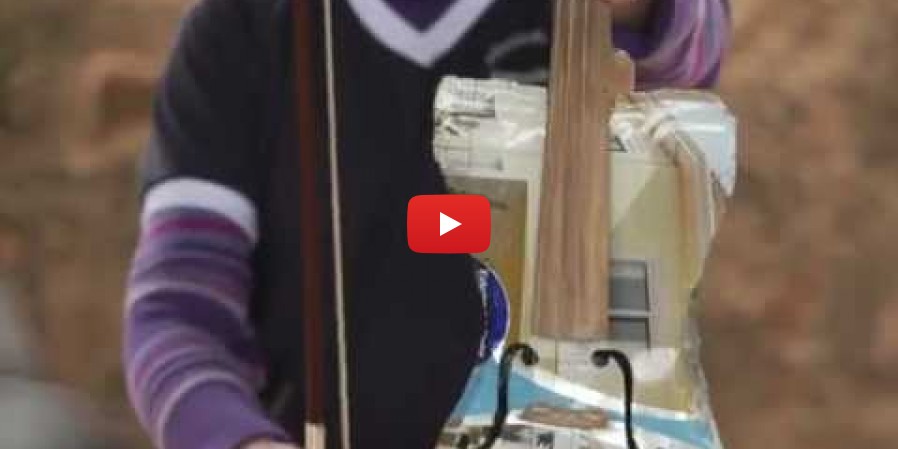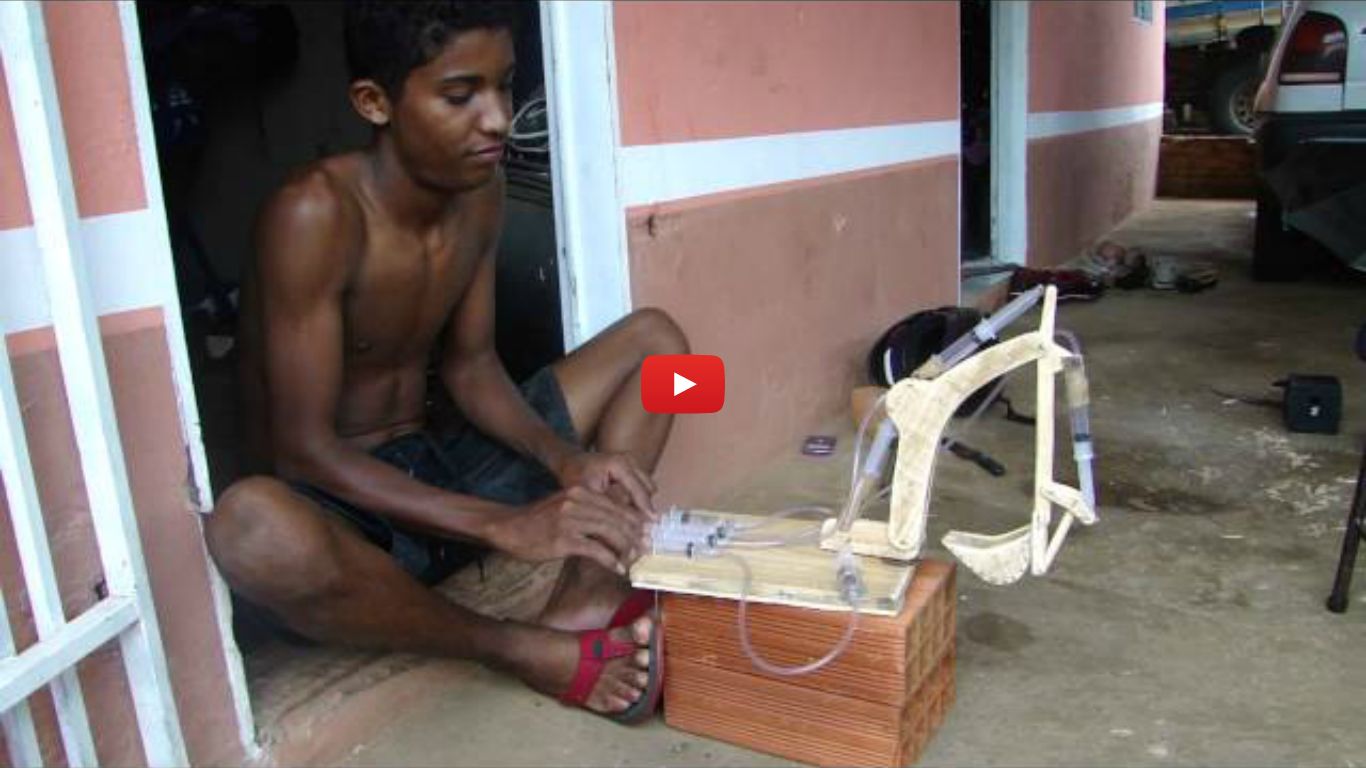Interesting Information About Japan

Disciplined, precise, and proactive are the words that define Japanese aptly. The iconic bullet train, gadgets and gizmos, corporate men in black suit or kimono clad women with those unique umbrellas, beautiful ancient temples, anime, and picturesque cherry blossom gardens are the images that appear in our mind when the word Japan strikes our ears. Completely ravaged after the destruction of World War 2, Japan rose like a sphinx from the ashes; the country pulled through and recovered in an exemplary way within few decades. This archipelago consisting of more than 6000 islands is a delight for travelers who wish to immerse themselves in Japan’s culture, tradition, and way of life. Opposed to popular fact that Japan is very expensive to travel, the country is in fact much cheaper when compared to some North American and European destinations. Traditional cities like Nara and Kyoto are places where you can enliven traditional Japanese culture and behold the rich Japanese artistic heritage. At the other end of the Japanese gamut is the futuristic world of trend and technology. When it comes to natural wonders, the whole country is dotted with exquisite environ that could only be called as master workmanship of mother nature. Not to mention the delectable Japanese food that defines freshness. From sushi to bowls of ramen, the treat is absolutely hearty and lip smacking. And above all, what sets apart Japan from other countries is the incredible warm hospitality that people offer everywhere in the country. Below are some interesting facts about Japan, from quirky to down right absolutely hilarious. Enjoy!
Fast Facts
Capital: Tokyo
Official Language: None
National Language: Japanese
Demonym: Japanese
Religion: Shinto and Buddhism
Legislature: Diet of Japan (Kokkai)
Area: 377,944 sq. km
Population (2011 estimates): 127,960,000
Currency: Yen
National Bird: Green Pheasant
National Animal: Red-crowned Crane
Interesting and Fun Facts About Japan
- Nippon and Nihon are the Japanese version of Japan that mean sun-rising and are often translated as Land of the Rising Sun.
- Japan is a combination of 6000 islands.
- The Tokyo Metropolitan Central Wholesale Market that is also known as the Tsukiji Market is the biggest wholesale fish and sea food market in the world.
- After Singapore, Japan has the lowest homicide rate (including attempted homicide rate) in the world.
- According to both UN and WHO, Japan has the longest life expectancy in the world.
- Japanese high school students do not need to pass any of their classes to graduate. Education only through junior high school is compulsory.
- Tearing wrapping paper off the gift is considered to be impolite in Japan.
- No ATM in Japan serves for 24 hours. They are usually open during normal banking hours.
- Surprisingly, the Japanese word, ao is used for both green and blue colors! For example, blue skies are called as aozora while green traffic lights are spoken as ao shingō.
- Most Japanese residing in major cities don’t prefer private vehicle as the public transportation is organized extremely well. Comparatively people in the rural areas own personal vehicles and drive a lot for transportation.
- Monkeys in Japan like hot baths. You can spot many hot springs in Japan and in the last 5 decades monkeys have learnt how to keep themselves warm by plunging in hot springs.
- The Japanese word for “wrong” and “different” is the same.
- The minimum age for marriage in Japan is 16 for girls and 18 for boys.
- Japan has the oldest surviving monarchy in the world which still survives.
- The rate of vandalism in Japan is the lowest in the world.
- Peeing in public is not considered as an offence as long as you do it cautiously!
- Japanese say that women deliver their babies in the tenth month. It is not because they are biologically different but it’s due to their calendar! Japanese do not count calendar months, but instead think in terms of lunar months of exactly 28 days. The remaining days at the end of each of the 9 months count together for one extra month.
- Hinged doors in Japan usually open outwards so as to avoid hitting the shoes that are left at the entrance.
- In ancient Japan, characters were written on tortoise shells due to which the Japanese writing is vertical.
- Raw horse meat is a popular delicacy in Japan.
- More than 70% of Japan consists of mountains that include 200 volcanoes.
- Mt. Fuji is the tallest mountain in Japan and is an active volcano.
- Religion does not play a very significant role in the lives of most of the Japanese. Many do not understand the difference between Buddhism and Shintoism.
- There are four different writing systems in Japan: romaji, katakana, hiragana, and kanji.
- Fruits are very expensive in Japan, for example, an apple could cost as much as US$2 or a musk melon could cost well over US$300.
- Coffee is a favorite drink among Japanese. 85% of Jamaica’s annual coffee production is imported by Japan.
- Japan’s literacy rate is almost 100%.
- Sumo is Japan’s national sport.
- While using a restroom in someone’s home, you may need to put on bathroom slippers so as not to contaminate the rest of the home.
- Slurping while eating symbolizes delicious food.
- Japan is the world’s largest consumer of Amazon rain forest timber.
- Vending machines in Japan can sell anything from beer, cigarettes, cold or hot coffee, and many other items.
- In Japan, moving into a new apartment would require you to offer the landlord with ‘gift’ of money equal to two months’ rent.
- Japan experiences around 1,500 earthquakes annually.
- Japan is the world’s largest automobile producer.
- The Japanese language has borrowed thousands of foreign loan words. These words are often truncated, for example, personal computer = paso kon.
- In olden days, Japanese men used to shave their head as a sign of apology.
- In the past, women used to cut their hair after a breakup with a boyfriend.
- Tokyo has recorded 24 incidents where people either killed or received severe skull fractures while bowing to greet each other.
- It takes about 7-10 years of intensive training to become a fugu (blowfish) chef. Some fish farms have found out the way to produce non-poisonous fugu, so this training might not be needed anymore.
- Compared to oven, rice cooker is the most common home appliance in Japanese kitchens.
- Many Japanese companies conduct morning exercise sessions to prepare the workers for the day.
- Non-smoking areas in restaurants are an absolute rarity. A number of Japan’s politicians have interest in the tobacco industry, so anti-smoking laws are almost absent.
- On Respect the Aged Day, tobacco companies will hand out free cigarettes to the elderly outside train stations and department stores.
- Japanese pizza toppings include corn, sesame seeds, mayonnaise, and even squid.
- Christmas is celebrated with friends while New Year’s Day is spent with family in Japan.
- Many Japanese prefer eating rice in every meal.
- McDonalds when spoken by Japanese sounds like ma-ku-do-na-ru-do.
- Eating, drinking or talking on the cell phone while in public places like, train stations or bus is considered rude.
- In Japanese homes you will find no central heating or insulation system rather they use space heaters. The Japanese believe in insulating themselves and others by wearing many layers of clothes and eating hot foods in cold weather.
- Japan is of the size of California and has half the population of entire US.









